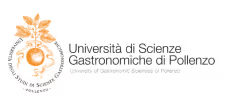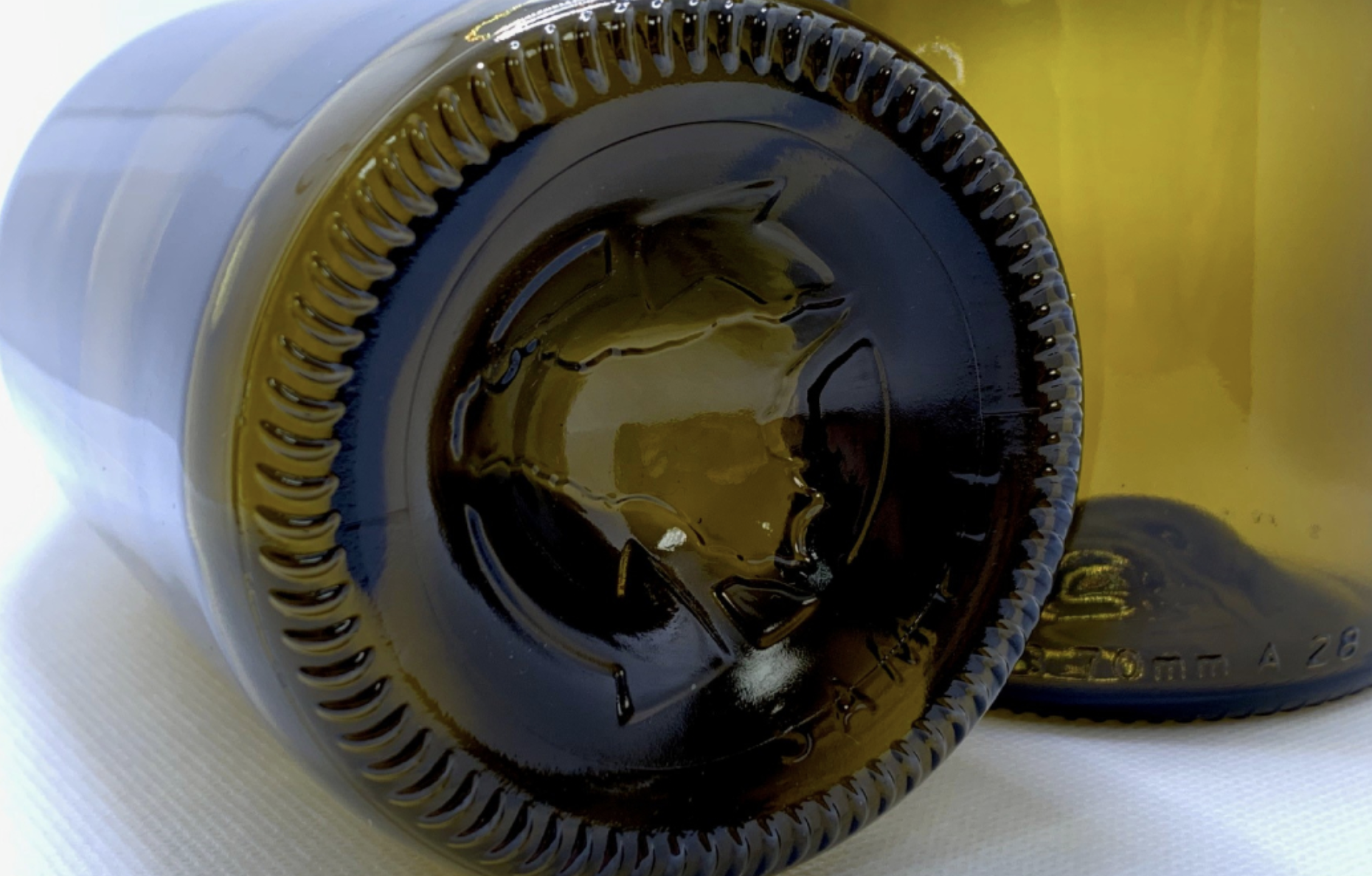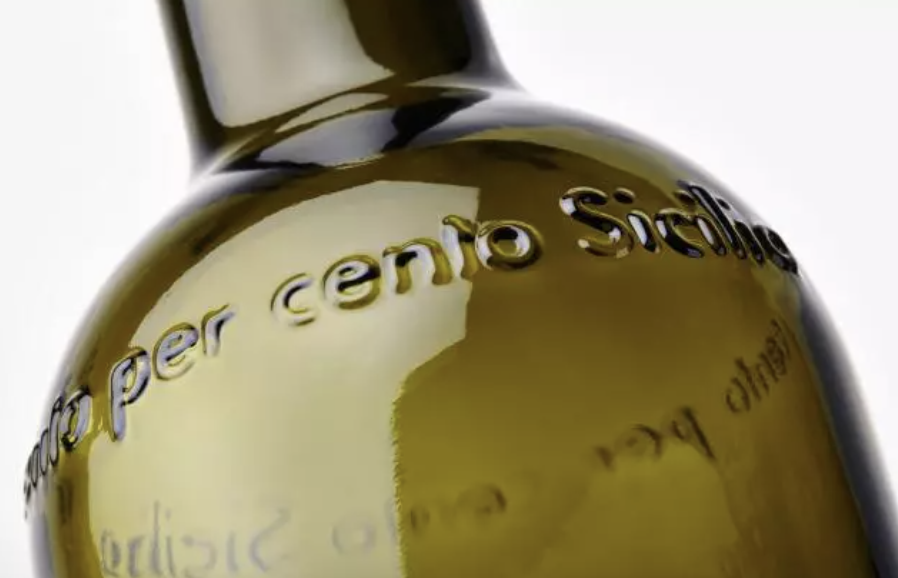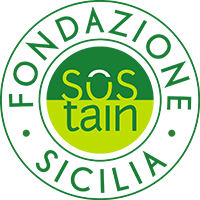“About two million sustainable bottles: twelve of the wines produced by the Donnafugata company will be kept in 100% Sicilian, zero-kilometer glass bottles.”
Reduce the environmental impact of the Sicilian wine supply chain, an important and highly profitable sector for the region (one billion of Sicily's GDP comes from wine production, with more than 24,000 hectares of vineyards).
In 2022, the supply chain counted, according to data from the Consorzio di Tutela Vini DOC Sicilia:
- +7000 winemakers;
- + 86.5 million bottles placed on the market;
The “one hundred percent Sicily” bottles have been produced in Marsala, since 2023, with recycled glass coming exclusively from Sicily.
The production history of these virtuous bottles follows the following process:
• separate waste collection: liability borne by individuals, public and private bodies;
• collection of discarded glass and creation of “oven-ready scrap glass”: the Marsalese company Sarco srl recovers about 85% of the glass collected in Sicily (about 100,000 tons/year), transforming it into the second raw material produced is certified by Re-GlassSicilia, a protocol that guarantees the certain origin of the Sicilian glass supplied;
• production of 'recycled' bottles: O-I Italy Spa in Marsala, the only Sicilian glassworks, transforms scrap into bottles;
• regional commercialization: thanks to the support and partnership with the SoStain Sicilia Foundation (sustainability program for viticulture in Sicily), these bottles are delivered to wine producers (wineries and cooperatives) in the Region, in particular those participating in the program.
What are the characteristics of bottles?
Or am I in stained glass (transparent glass cannot be obtained from recycling processes), suitable and appreciated in particular by the wine market;
or are characterized by a personalised caseback depicting the logo that tells about the practice of circular economy linked to the Island;
or are they made up of at least 90% from recycled glass, the maximum yield that can be obtained from glass recovered from waste, as the processing process involves a phase of separation from pollutants and other non-glassy materials (pyrex, ceramic, porcelain and others) that represent about 10%;
or at the beginning of the trial they weighed 410 grams, but today (2025) it has been reduced by a further 12.2% to 360 grams.








